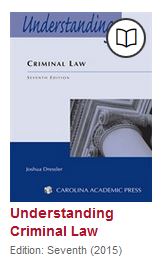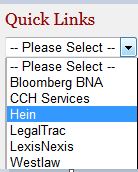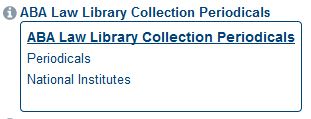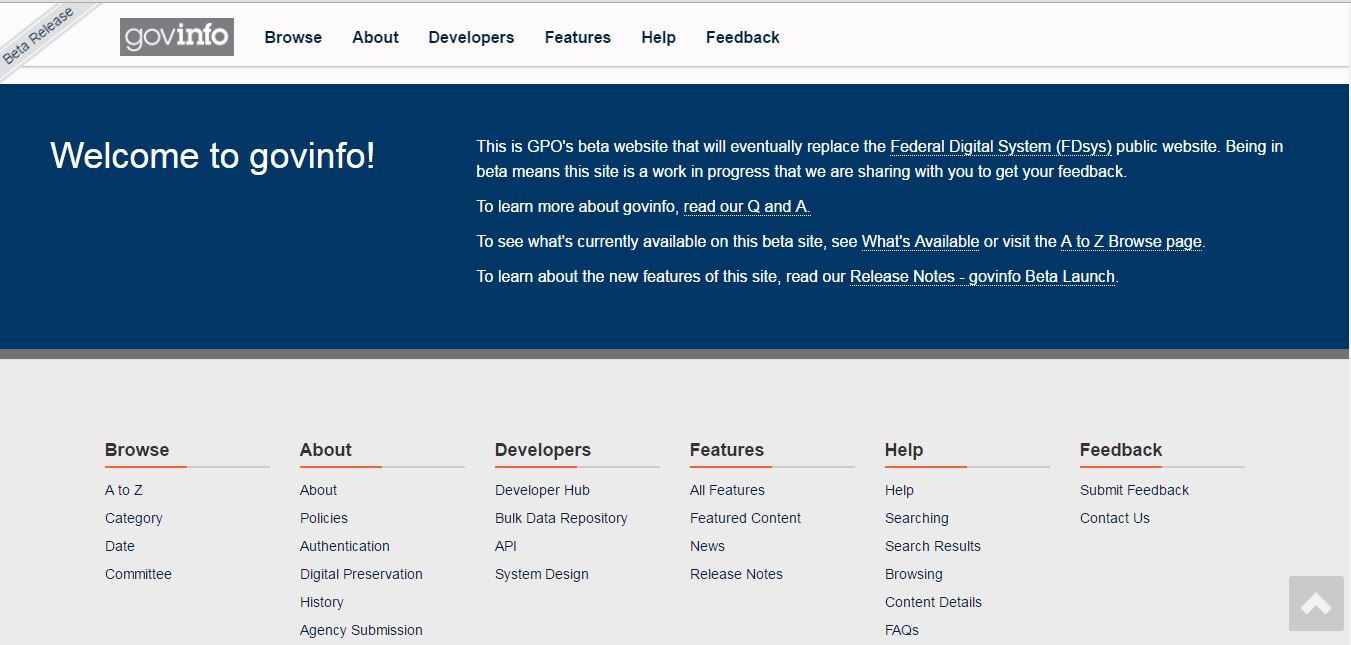 The BLS Library is offering a webinar and a live training session to introduce students & faculty to the LexisNexis Digital Library. As described in Reference Librarian Rosemary Campagna’s blog of October 15, 2016, the Library recently acquired a subscription to the LexisNexis Digital Library which gives students access to treatises, practice guides, and study aids in eBook format.
The BLS Library is offering a webinar and a live training session to introduce students & faculty to the LexisNexis Digital Library. As described in Reference Librarian Rosemary Campagna’s blog of October 15, 2016, the Library recently acquired a subscription to the LexisNexis Digital Library which gives students access to treatises, practice guides, and study aids in eBook format.
In order to formally introduce students and faculty to this important new resource, the Library is offering both a webinar and a live training session for the LexisNexis Digital Library. Both sessions will cover the following topics:
- How to access (both on-campus and off-campus)
- Our library’s collection
- Tools and functionality
- Locating a title/volumes
- Borrowing volumes
- Bookmarks/highlights/annotations
- Archives
- Linking on-line research with “print” research
- Recent and forthcoming enhancements
These sixty minute sessions will be offered on the following dates/times:
UPDATE: THE PREVIOUSLY SCHEDULED WEBINAR FOR THURSDAY, NOVEMBER 3rd WILL BE REPLACED BY A LIVE TRAINING SESSION ON THURSDAY, NOVEMBER 10, 2016, 11AM-12NOON IN LIBRARY ROOM 113M. SPACE IS LIMITED. EMAIL to: linda.holmes@brooklaw.edu, if you would like to attend.
WEBINAR: Monday, November 7, 2016, 4:00PM-5:00PM.
The instructor for both training sessions is Damian A. Burns, LexisNexis Digital & Print Sales Engineer, Damian.A.Burns@LexisNexis.com
Please follow this link at the time of the November 7th webinar to participate:


 When the law was enacted, there were already 35 national monuments and parks including Yosemite National Park
When the law was enacted, there were already 35 national monuments and parks including Yosemite National Park 



 Touro Synagogue was established in 1763. During and after the Revolutionary War, most of the Newport’s Jewish residents moved away, many of them to New York. By the 1820s, no Jews were left in Newport, and Congregation Shearith Israel became Touro’s trustee. The two congregations began to feud when the Touro congregation tried in 2012 to sell the bells made by a noted 18th-century silversmith, Myer Myers to the Museum of Fine Arts in Boston for $7.4 million to improve the synagogue’s fiscal health. The New York congregation protested and Congregation Jeshuat Israel filed the lawsuit. Since, the museum withdrew the offer leaving the dispute to be decided by the federal court.
Touro Synagogue was established in 1763. During and after the Revolutionary War, most of the Newport’s Jewish residents moved away, many of them to New York. By the 1820s, no Jews were left in Newport, and Congregation Shearith Israel became Touro’s trustee. The two congregations began to feud when the Touro congregation tried in 2012 to sell the bells made by a noted 18th-century silversmith, Myer Myers to the Museum of Fine Arts in Boston for $7.4 million to improve the synagogue’s fiscal health. The New York congregation protested and Congregation Jeshuat Israel filed the lawsuit. Since, the museum withdrew the offer leaving the dispute to be decided by the federal court.